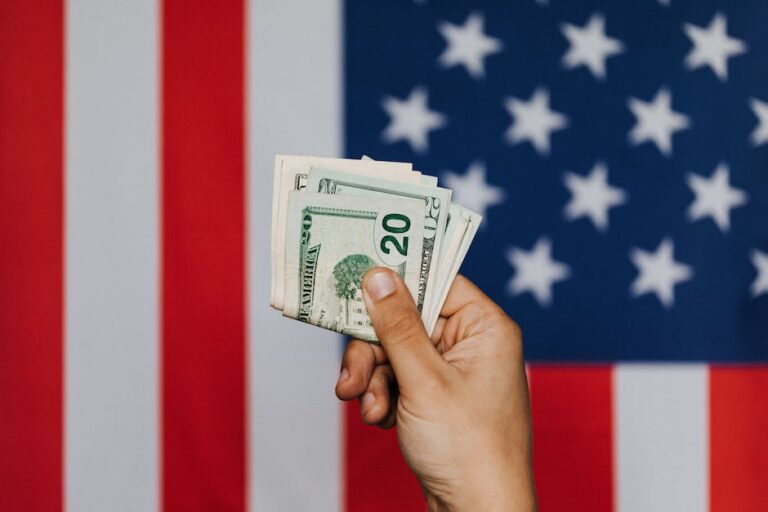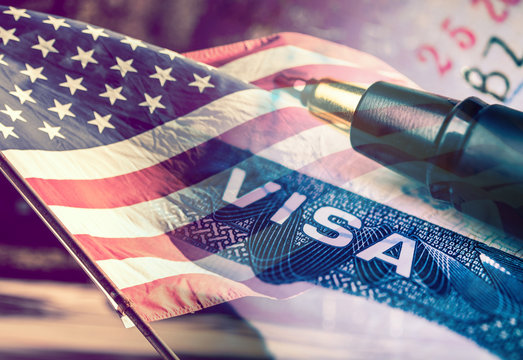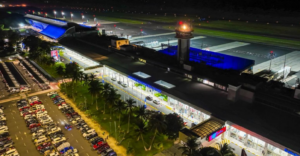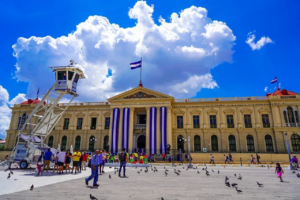
Starting this week, the application and renewal process for tourist visas (B1/B2) to the United States will become significantly more expensive, totaling US$435. This increase, driven by a new tax law from President Donald Trump’s administration, is being implemented with a significant economic and logistical uncertainty: it is still unknown how the additional US$250 will be collected.
The base cost of the consular fee remains at US$185, but the new provision adds a US$250 charge. Although this new charge is a state law and will take effect tomorrow, the embassy has not provided details of the process.
Immigration advisor Oscar Díaz emphasized that the main concern for applicants and the industry is the lack of clarity regarding the payment of the additional fee, which represents a 135% increase in the final cost of the process.

“Right now, we’re waiting for them to tell us how the payment will be made. Once my visa is approved, we’ll see how I’m going to pay those $250”, Díaz said.
This ambiguity creates a financial management problem for salvadorans, who need to know whether payment will be made directly at the consular appointment, at a designated banking institution, or through a digital mechanism after approval.
The new fee, which is technically a traveler’s tax, seeks to ensure that applicants make “good use” of their visas, discouraging overuse or unauthorized work in the U.S., behaviors that represent a fiscal cost to the U.S. government.
However, this economic barrier adds to the difficulties already faced by salvadoran applicants. El Salvador has one of the lowest approval rates in Latin America (close to or below 50%), primarily because many applicants fail to demonstrate the economic “roots” (assets or stable employment) necessary to convince the consular officer of their intention to return.
You might also be interested in:







